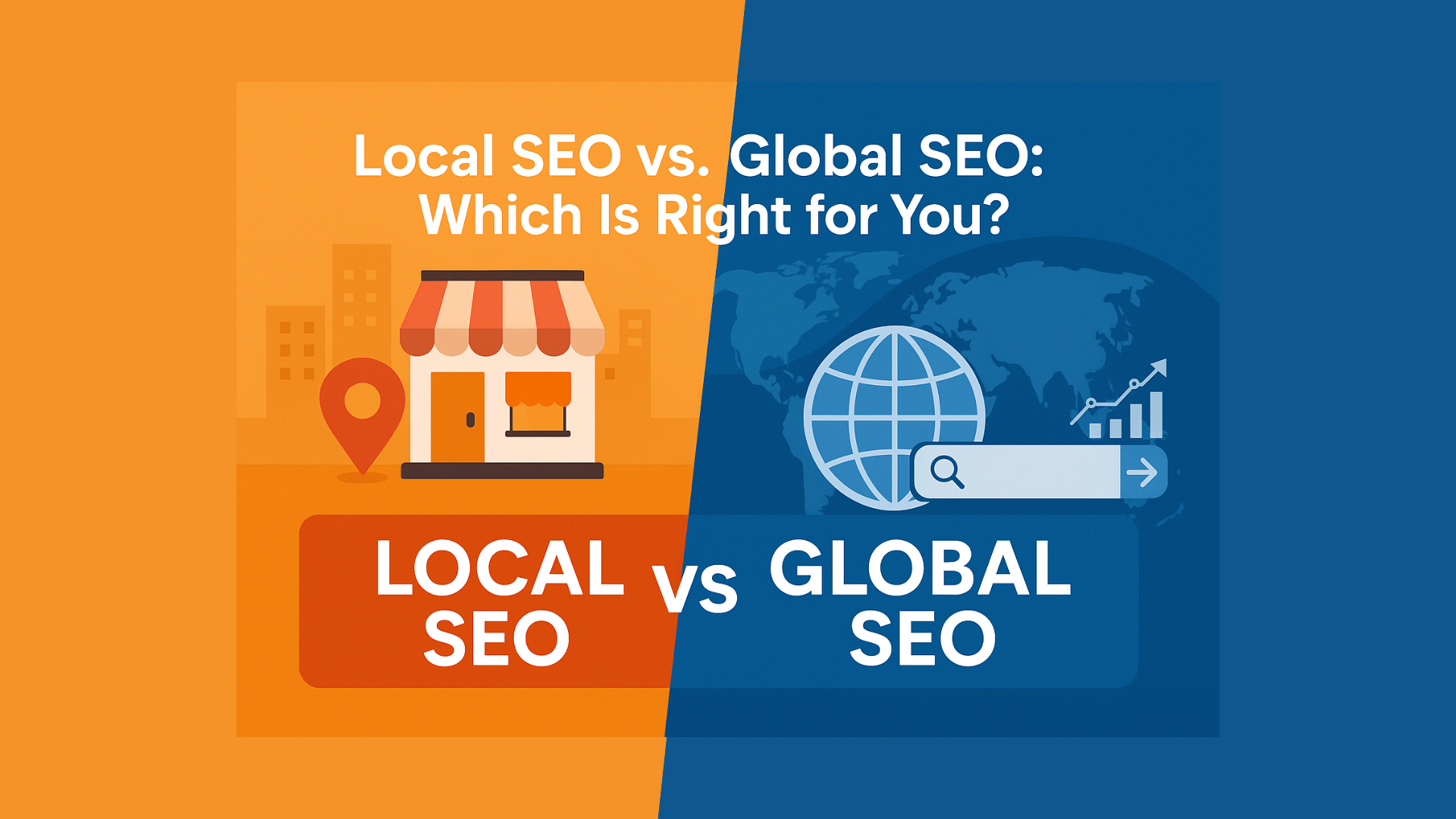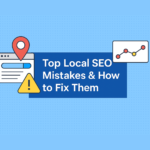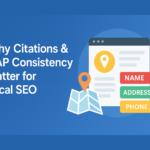- September 7, 2025
- Categories: SEO
- Tags:
Local SEO vs Global SEO: Which Is Right for You?
In today’s digital-first world, search engine optimization (SEO) plays a crucial role in connecting businesses with the right audience. However, not all SEO strategies are created equal. One of the biggest decisions companies face is choosing between Local SEO and Global SEO. While both approaches aim to increase visibility on search engines like Google, they target very different audiences.
So, how do you know which one suits your business better? Let’s break it down.
What Is Local SEO?
Local SEO focuses on optimizing your website to attract traffic from a specific geographical area. It is ideal for businesses that serve customers in a defined location—whether it’s a city, state, or region.
Key Features of Local SEO:
- Google Business Profile optimization (formerly Google My Business)
- Local citations and directory listings
- Customer reviews and ratings
- Location-based keywords like “SEO agency in Mumbai”
- Map Pack ranking (appearing in the top 3 map results on Google)
Example:
A dentist in Thane wants patients from nearby areas to find them. Local SEO ensures that when someone searches for “dentist near me,” the clinic appears at the top.
What Is Global SEO?
Global SEO targets audiences worldwide, beyond geographical boundaries. It is ideal for businesses offering digital products, international services, or e-commerce stores shipping across countries.
Key Features of Global SEO:
- International keyword targeting
- Multi-language and multi-region optimization (hreflang tags)
- Content designed for global appeal
- High-authority backlinks from diverse locations
- Focus on global search intent rather than local queries
Example:
A SaaS company offering project management tools online can use Global SEO to reach users in the US, UK, India, and beyond.
Local SEO vs. Global SEO: The Main Differences
Factor | Local SEO | Global SEO |
Target Audience | Local customers in a specific area | International or worldwide users |
Keyword Strategy | Location-based (e.g., “best cafe in Malad”) | Broad/global terms (e.g., “project management software”) |
Competition | Competing with nearby businesses | Competing with worldwide brands |
Tools Used | Google Business Profile, local directories | International SEO tools, hreflang, multi-region domains |
Content | Locally relevant blogs, guides, and offers | Globally appealing content |
Backlinks | From local blogs, directories, and media | From global authority sites |
How to Decide: Local SEO or Global SEO?
The choice depends on your business goals, target audience, and resources.
Choose Local SEO if:
- You run a physical store, restaurant, clinic, or local service
- Your primary customers come from nearby areas
- You want quick, high-converting leads
- You run a physical store, restaurant, clinic, or local service
Choose Global SEO if:
- You sell digital products or ship globally
- You have the resources for long-term SEO investment
- You want to compete with international brands
Best Practices for Both Local & Global SEO
Regardless of which path you choose, these best practices apply:
- Create high-quality, user-friendly content.
- Optimize site speed and mobile-friendliness.
- Focus on link-building strategies relevant to your target market.
- Use structured data (schema markup) for better search visibility.
- Track performance with Google Search Console and Analytics.
Local SEO and Global SEO serve different purposes, but both are essential in their own right. If you’re a small business looking to dominate your local market, Local SEO is your best bet. If you’re aiming to reach a worldwide audience and build an international brand, Global SEO is the way forward.
The key is to align your SEO strategy with your business vision and growth goals. Sometimes, businesses may even need a hybrid approach, starting local and gradually expanding globally.




